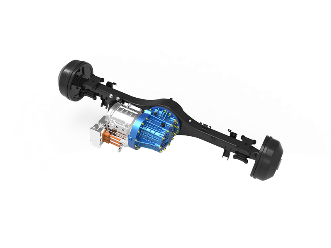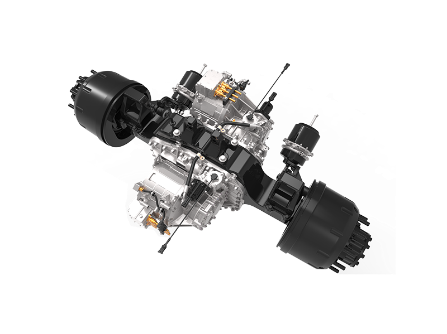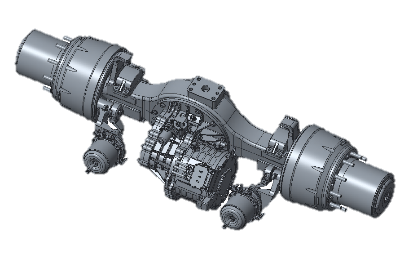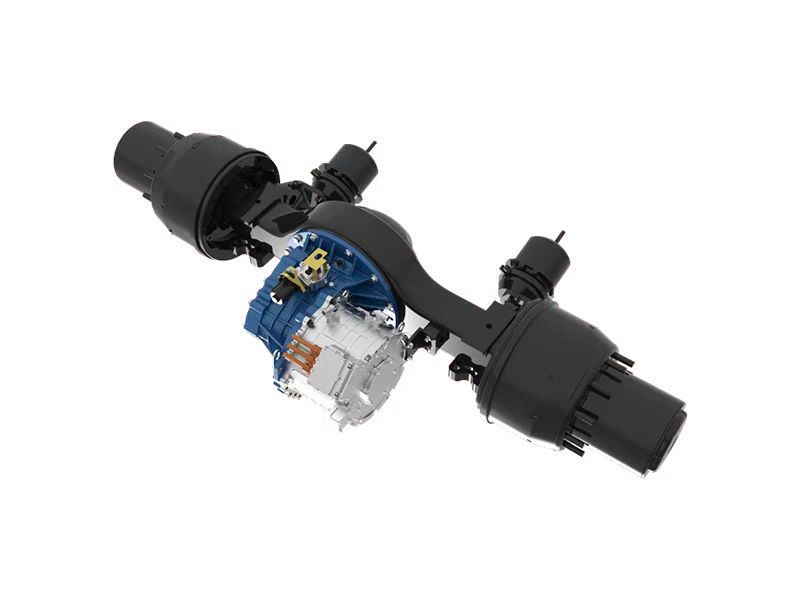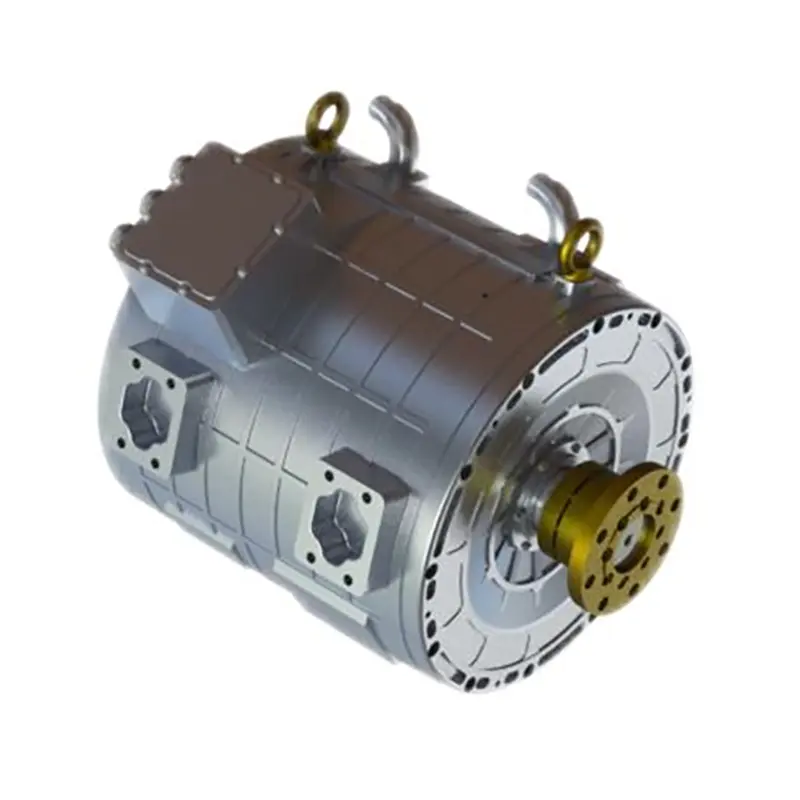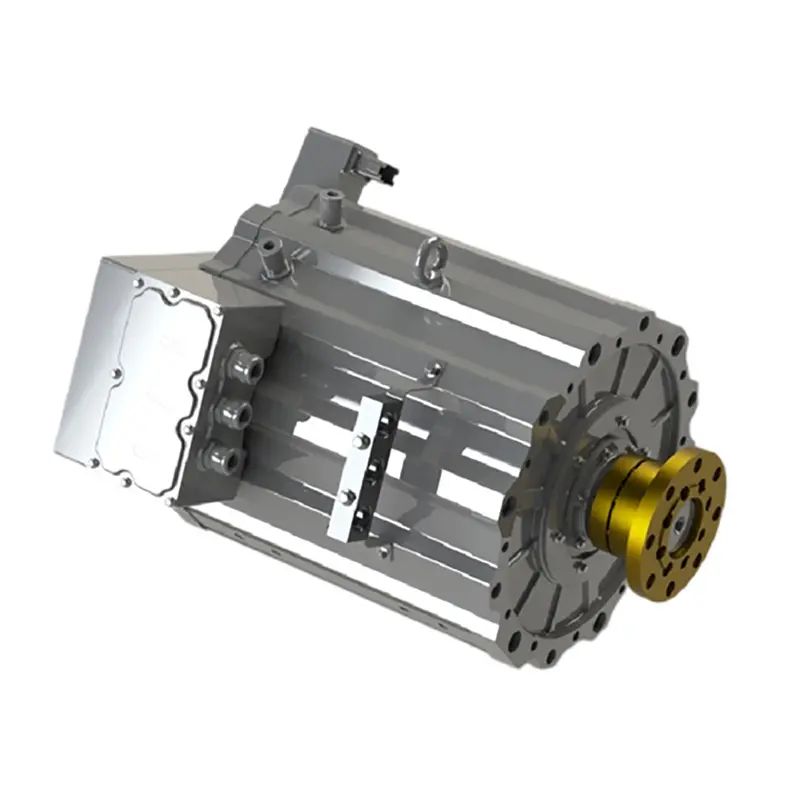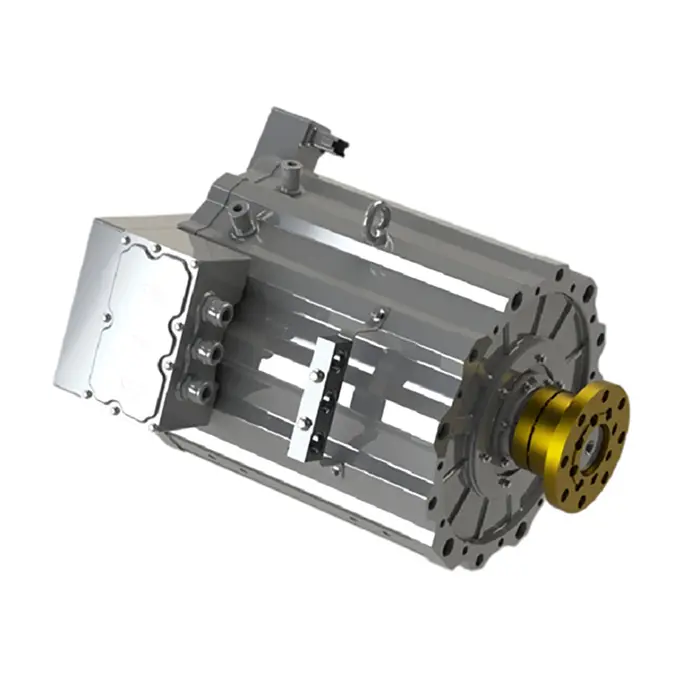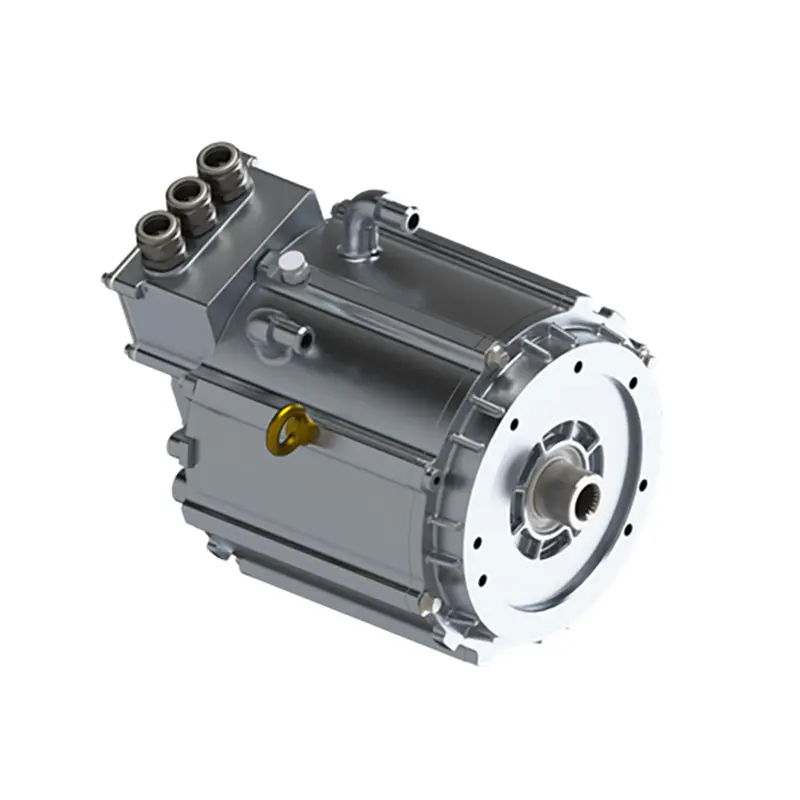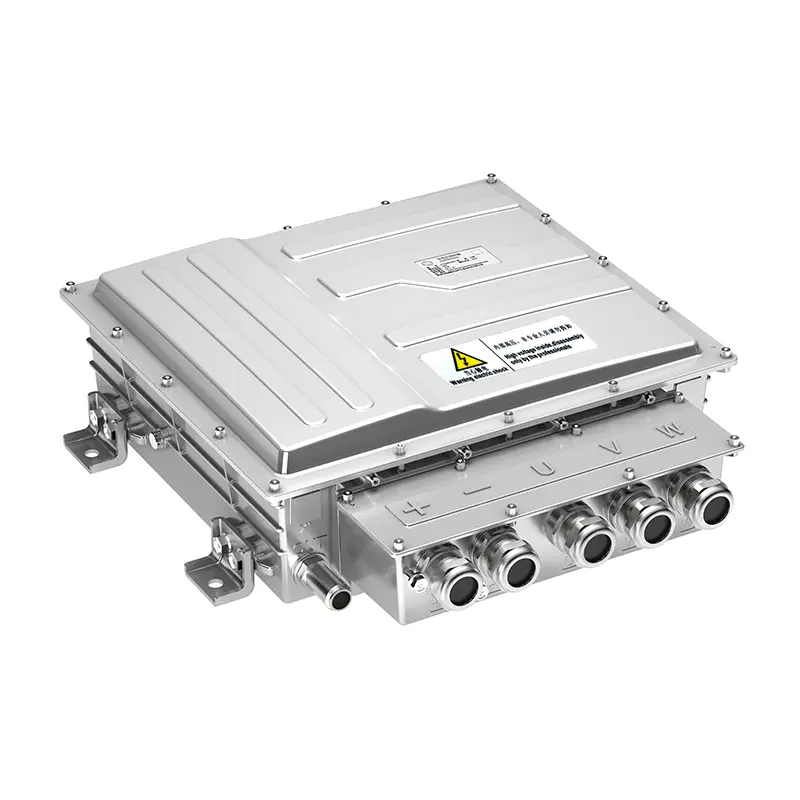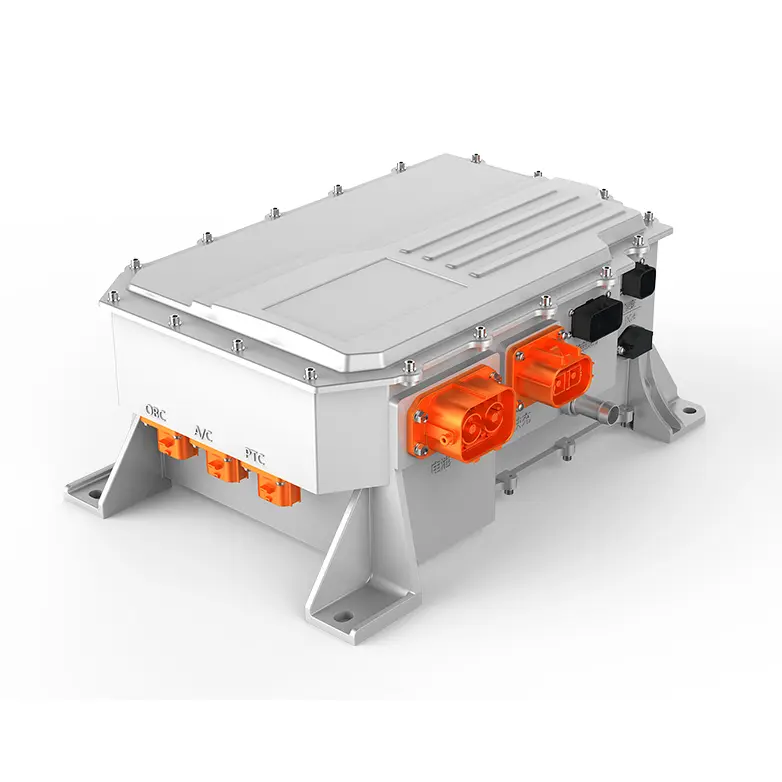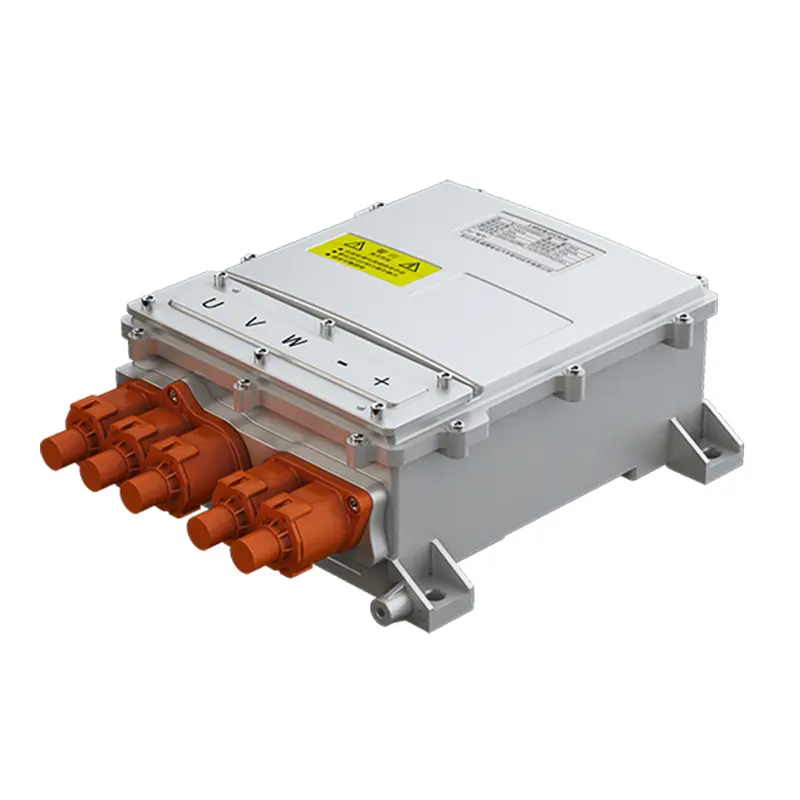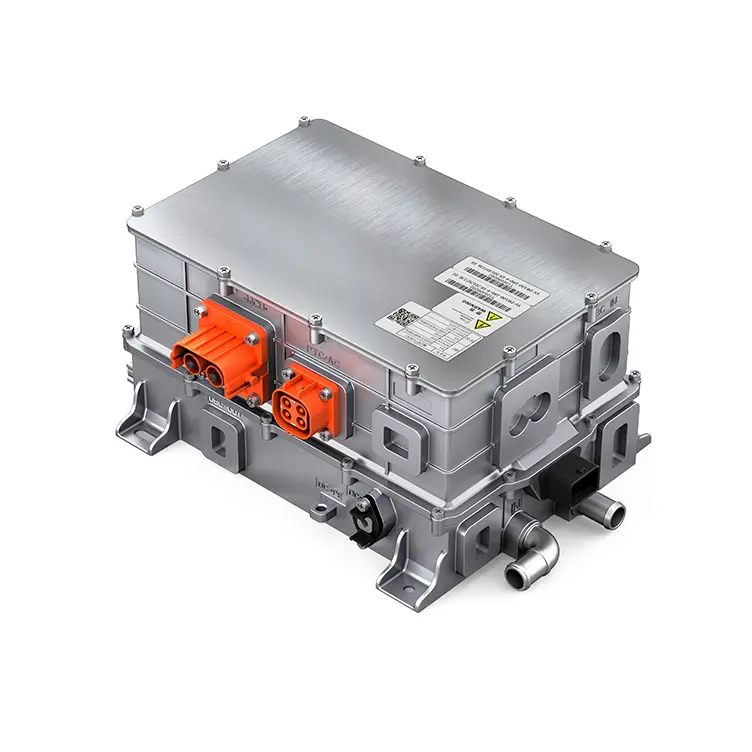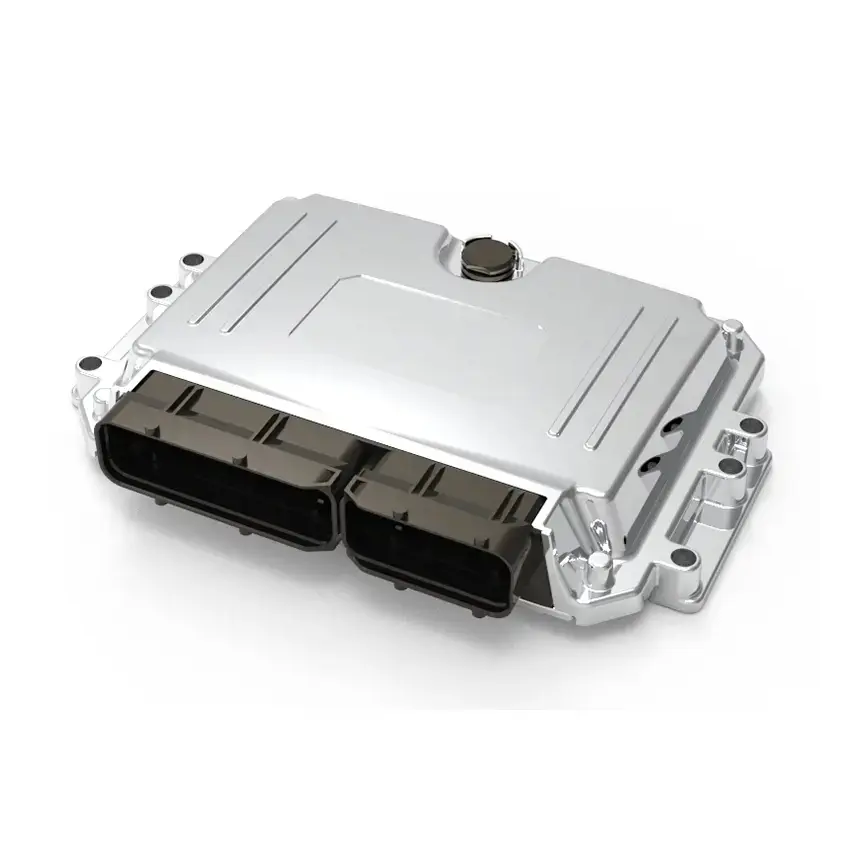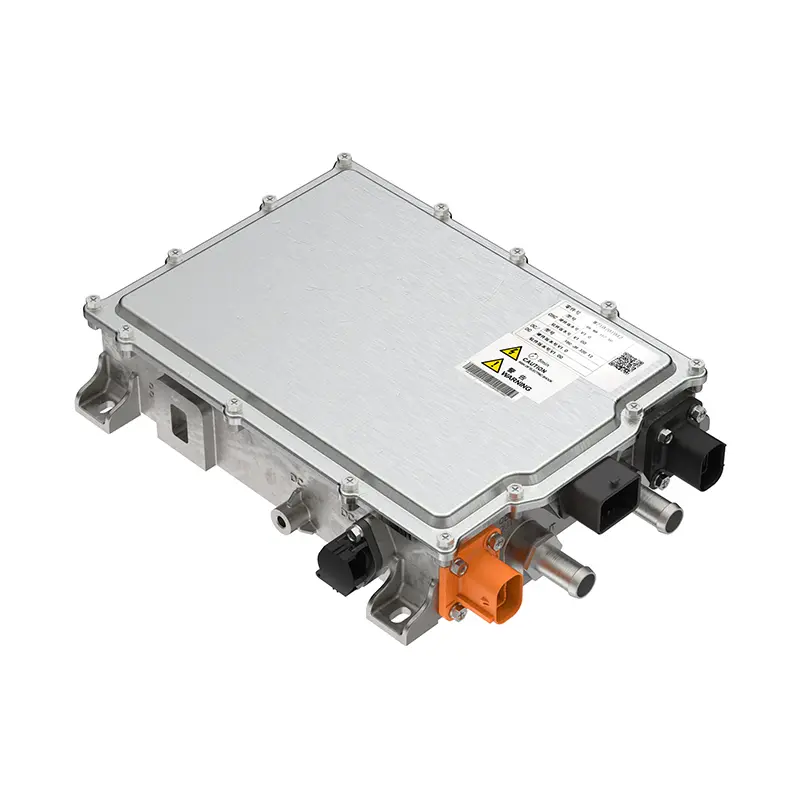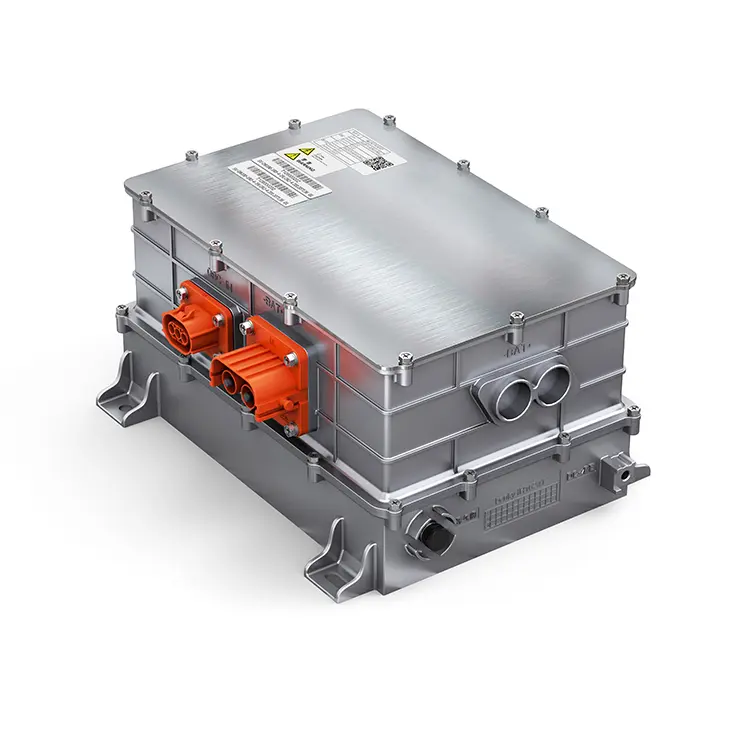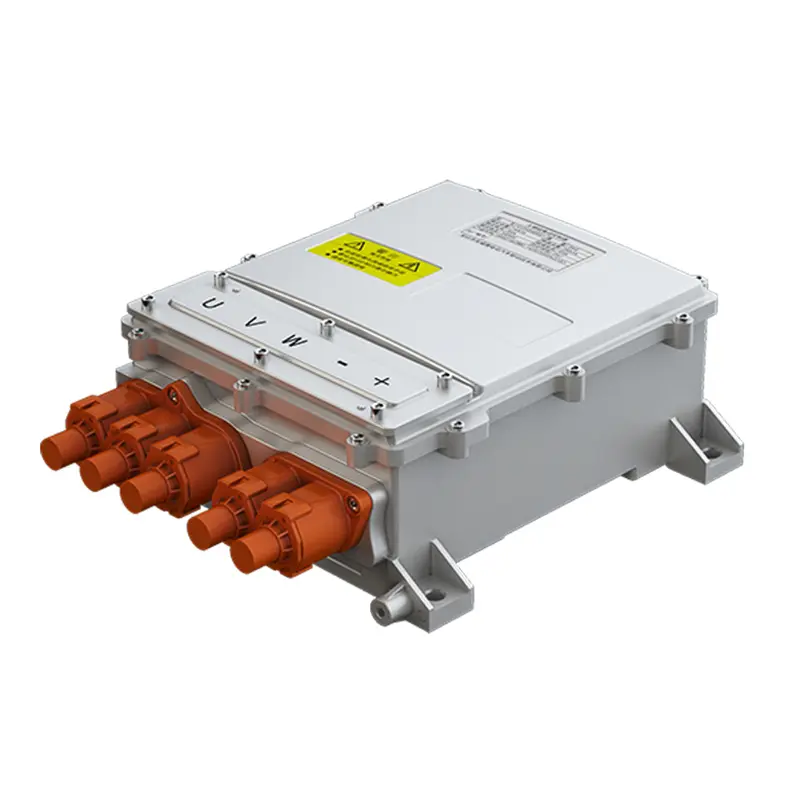PUMBAA EV’s vehicle control module plays a vital role in managing and optimizing the performance of electric vehicle motors and controllers. Our advanced vehicle electronic control unit (ECU) ensures smooth communication between various components, enhancing the overall efficiency and responsiveness of the electric vehicle. Whether you're looking for a highly reliable VCU in an electric vehicle for precise control or a comprehensive solution that integrates with all major systems, PUMBAA EV offers cutting-edge technology designed to boost performance and reliability across a range of electric vehicles.

Versatility for Diverse Applications
Handles the increasing diversity in vehicle variants and functions seamlessly. Supports a wide range of applications, including electrified passenger cars, trucks, off-highway vehicles, and even traditional combustion engines.

Exceptional Processing Power
Equipped with high-performance microcontrollers to manage complex interconnected systems. Enables high-level functions like torque coordination, gearshift strategies, high-voltage system integration, thermal management, and onboard diagnostics.

Simplified Integration and Modularity
Coordinates powertrain components while enabling seamless integration of new functions like inverter and battery management, charging control, and more. Modular and configurable hardware/software ensures scalability and future-proof designs tailored to customer needs.

Resource Optimization and Efficiency
Introduces a new level of abstraction in E/E architecture, simplifying powertrain component management. Reduces reliance on subsidiary control units, saving both resources and operational costs.

Versatility for Diverse Applications
Handles the increasing diversity in vehicle variants and functions seamlessly. Supports a wide range of applications, including electrified passenger cars, trucks, off-highway vehicles, and even traditional combustion engines.

Exceptional Processing Power
Equipped with high-performance microcontrollers to manage complex interconnected systems. Enables high-level functions like torque coordination, gearshift strategies, high-voltage system integration, thermal management, and onboard diagnostics.

Simplified Integration and Modularity
Coordinates powertrain components while enabling seamless integration of new functions like inverter and battery management, charging control, and more. Modular and configurable hardware/software ensures scalability and future-proof designs tailored to customer needs.

Resource Optimization and Efficiency
Introduces a new level of abstraction in E/E architecture, simplifying powertrain component management. Reduces reliance on subsidiary control units, saving both resources and operational costs.
FAQs for VCU in electric vehicle
Vehicle Control Units are often tasked with optimizing thermal management systems, ensuring efficient battery temperature regulation, and minimizing energy losses. This integration reduces thermal inefficiencies while maintaining vehicle performance.
The VCU manages regenerative braking by balancing the distribution of kinetic energy recovery and battery recharging, maximizing energy efficiency and extending range without compromising braking performance.
Advanced ECUs and VCUs use encryption, intrusion detection systems, and secure boot protocols to protect communication channels and vehicle operations from potential cyberattacks targeting electric vehicle systems.
VCUs facilitate OTA updates by acting as a gateway for software enhancements, enabling continuous improvement of vehicle features such as battery optimization, adaptive driving modes, and fault diagnostics.
In hybrid vehicles, ECUs and VCUs must manage dual propulsion systems (internal combustion and electric), whereas in fully electric vehicles, they focus entirely on electric powertrain optimization, battery management, and seamless energy flow control.
Blog
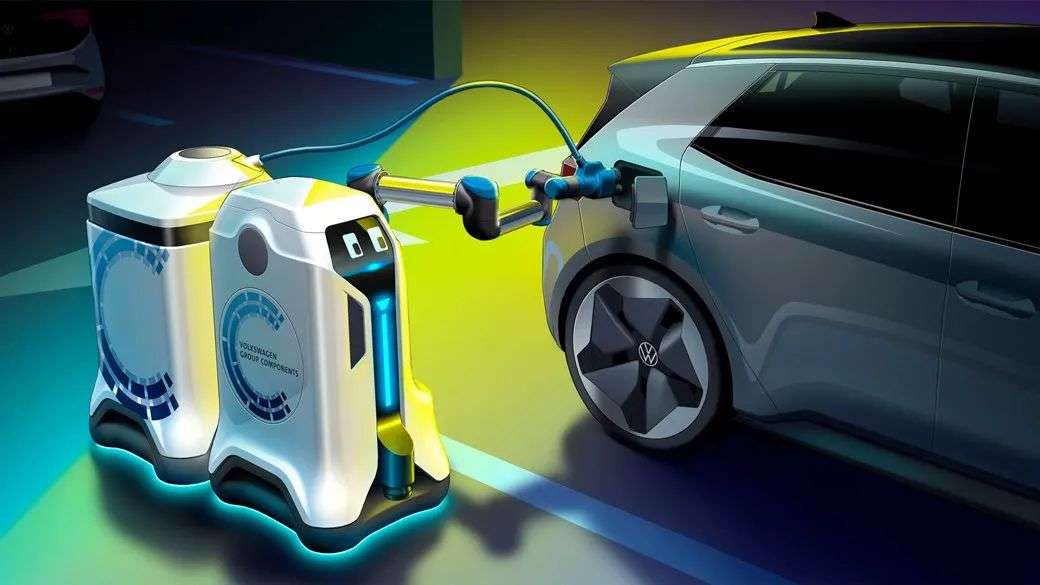
China’s getting a big electric car battery swapping boost in 2025. Would that work across the globe?

Pumbaa's Superior Electric Motor Service: Leading sales center for electric motors
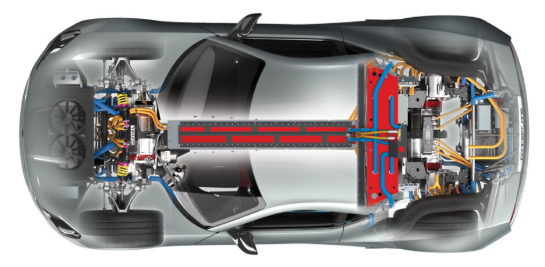
EVs Could Last Much Longer Than You Think
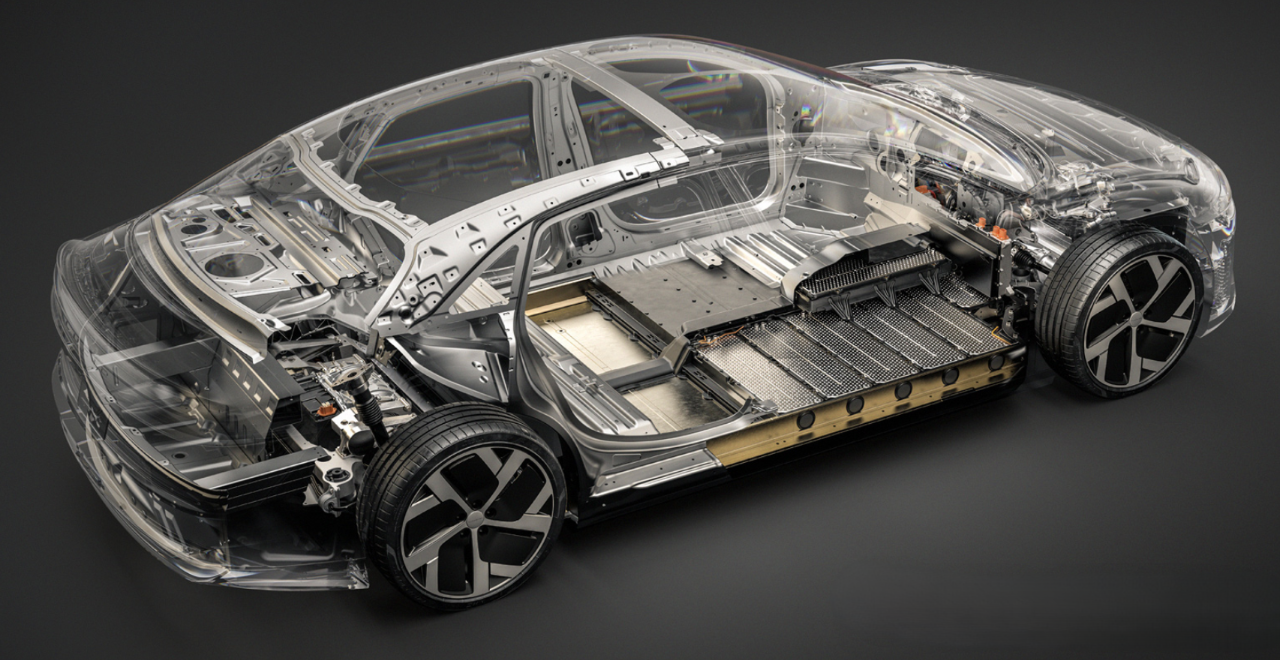
How DC/DC Converters for Electric Vehicles Work and Are Maintained

Contact Pumbaaev Drive Tech













